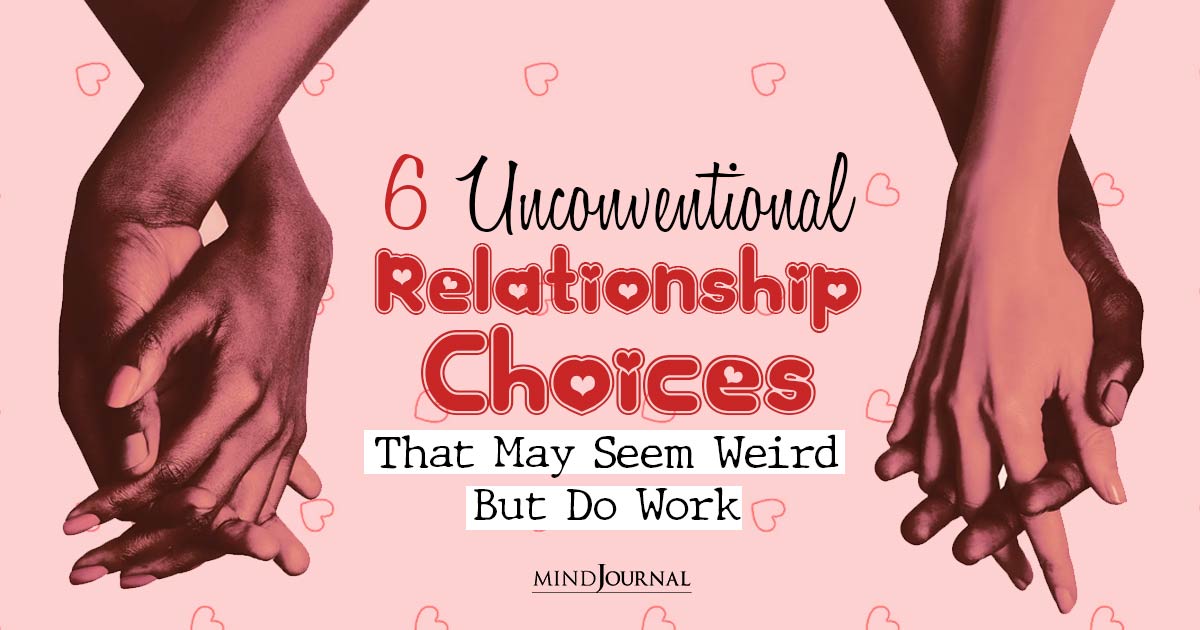Living with a person with a low intellectual humility, or in simpler terms, a know-it-all can be detrimental to the health of your relationship.
I recently asked 200 adults to think about all of the disagreements — large and small — that they have with other people and to estimate the percentage of time that they are the one who is correct. (Answer this question yourself: What percent of the time are you right when you disagree with other people?)
You might not be surprised to learn that most people thought that they are right more than other people are. In fact, the average respondent indicated that he or she was the one who was right about 67 percent of the time. This obviously can’t be correct. If only one of us is right in each of our disagreements, we both can’t be right two-thirds of the time!
Although most of us tend to think that our own beliefs and attitudes are better than most other people’s are some people — Those who are low in intellectual humility — overestimate the correctness of their views even more than the rest of us do. In contrast, people who are high in intellectual humility are more likely to recognize that their beliefs, attitudes, and viewpoints might be wrong.
Being low in intellectual humility has a number of undesired consequences. For example, people who don’t recognize that their beliefs are fallible pay less attention to the quality of the evidence on which their beliefs are based and are less likely to double-check their beliefs.

Interpersonally, low intellectual humility is associated with dismissing viewpoints that are contrary to one’s own and derogating people who disagree with you. Low intellectual humility also impedes negotiation and compromise. If I’m absolutely certain that I’m right, why should I meet you halfway?
Related: Practice humility: 3 Tips for taming your ego
These findings suggest that people low in intellectual humility may have less satisfying relationships than people who are higher in intellectual humility. Given that all relationships involve disagreements and arguments, people who are less able or willing to recognize that they might be incorrect probably create more friction and conflict than those who are willing to entertain the possibility that they might be wrong.
To test this idea, my students and I recruited 76 heterosexual couples to participate in a study. These people ranged in age from 21 to 61 years old and had been in their current relationships for between six months and 25 years. When the couples arrived, we sent them to separate rooms to complete a measure of intellectual humility and answer questions about their partner and their relationship.
Given that we collected data from both members of each couple, we could analyze not only how each person’s level of intellectual humility related to that person’s view of the relationship, but also how it related to their partner’s view of things.
First, unlike certain psychological and social characteristics for which birds of a feather tend to flock together, people do not pair up with partners who are like them with respect to intellectual humility. There was no correlation between the partners’ intellectual humility scores, showing that assortative mating does not occur with respect to intellectual humility.
Participants’ levels of intellectual humility were associated with both their own ratings of the relationship and with their partners’ ratings as well, and none of the findings bode well for people low in intellectual humility. For example, men who scored lower in intellectual humility tended to rate their satisfaction with their relationships significantly lower than men high in intellectual humility did, and they also indicated that they and their partner got along less well as a couple.
And their female partners agreed! Women who were in relationships with men who were low in intellectual humility also rated their satisfaction lower and reported that they got along less well. These women also reported that they and their partners disagreed with each other more than women whose partners were higher in intellectual humility.
Although men’s intellectual humility was associated with both their own and their partner’s satisfaction, the women’s level of intellectual humility was largely unrelated to men’s satisfaction with the relationship or to the partners’ ratings of each other. This pattern suggests that men who are low in intellectual humility may have a particularly obnoxious way of dealing with disagreements and conflicts.
When we dug deeper, the reasons for these patterns started to become clear. Women whose partners scored lower in intellectual humility indicated that, during disagreements, their partners tried less hard to understand their position and were more likely to storm out of the room.
Men low in intellectual humility also rated their partner as less intelligent, presumably interpreting her failure to agree with him as a sign of stupidity. The data suggest that men who are low in intellectual humility are particularly disrespectful and dismissive when their partners disagree with them.
Related: 25 Qualities Of A Good Man That Separate The Best From The Rest
By the way, their closed-mindedness and stubbornness didn’t seem to help low intellectual humility men get their way. Men’s intellectual humility scores were not related to either their own or their partner’s ratings of how much each person tended to win arguments.
The quality of our close relationships is affected by many things — the degree to which partners are responsive to each other, the amount of trust in the relationship, having compatible values, and so on. But some people are simply better relational partners than other people are. Being high in intellectual humility seems to facilitate good relationships, and being low in intellectual humility creates ongoing relationship challenges.
References
The research on which this blog is based has not yet been published, but you can find other research about intellectual humility in:
Leary, M. R., Diebels, K. J., Davisson, E. K., Jongman-Sereno, K. P., Isherwood, J. C., Raimi, K. T., Deffler, S. A., & Hoyle, R. H. (2017). Cognitive and interpersonal features of intellectual humility. Personality and Social Psychology Bulletin, 43, 793-813
Written By Mark Leary
Originally Appeared In Psychology Today
Being in a relationship with a know-it-all can be a mentally, and emotionally exhausting thing to deal with day in and day out. When a person is a know-it-all, they send the message that there is absolutely nothing they don’t know, and there is no way that they can ever be wrong.
This kind of behavior can seriously damage relationships in the long run, and even lead to breakups. If you are a person with low intellectual humility, remember that it is okay to be wrong sometimes. After all, what is more important – the need to be right? Or your relationship?
If you want to know more about how you can deal with a know-it-all, then check this video out below:










Leave a Reply
You must be logged in to post a comment.